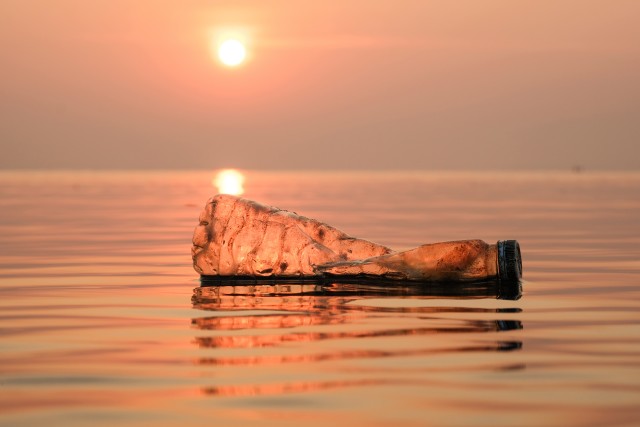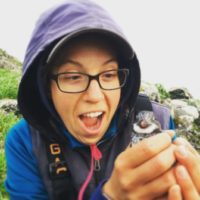Part I: Microplastic pollution and the effects of phthalates and other plastic-born chemicals on Alaska’s ecosystems and Alaskans’ health
4:00 pm US Eastern Time
Slides & Resources
Resources
Phthalate Fact Sheet (ACAT) – https://www.akaction.org/wp-content/uploads/2013/03/Phthalates_ACAT2.pdf
Plastic-Derived contaminants in Aleutian Archipelago seabirds with varied foraging strategies (Padula & Beaudreau, 2020) – https://www.akaction.org/wp-content/uploads/Padulaetal2020.pdf
Estimating the abundance of floating macro-debris in the marine environment: a comparison between distance sampling and fixed-width strip-transect techniques – Sixth International Marine Debris Conference – Sauria et al, 2018

Download our Webinar Highlights fact sheet for key findings and quotes from this webinar. View a recording of this CHE Alaska webinar here.
This was the first webinar of two on microplastic pollution in Alaska’s marine and terrestrial environments and the effects of plastic-born toxic chemicals on Alaska’s ecosystems and Alaskans’ health. We were joined by Veronica Padula from the Bering Sea Campus and Research Center at the Aleut Community of St. Paul Island and heard about her ongoing research and results from a 2020 study ‘Plastic-derived contaminants in Aleutian Archipelago seabirds…”
Phthalates, a known endocrine disruptor, were found in 100% of birds studied. Her work highlights the growing concern for high microplastic concentrations in remote environments and the potential toxic impacts of chemical contaminants from plastics moving across the biological boundary into marine food webs. Contaminant circulation in food webs may also play a role in human exposure to phthalates and other plastic-derived toxics.
The next webinar in this two-part series took place on August 18.
Featured Speaker
 Veronica Pedula is the Academic Program Director at the Bering Sea Campus and Research Center at Aleut Community of St. Paul Island. She received her Master’s in Fisheries from the University of Alaska Fairbanks (UAF) in 2013 and is currently working on her PhD at the School of Fisheries and Ocean Sciences at UAF, investigating the impacts of plastic marine debris and phthalate exposure on Bering Sea food webs. Her work also explores trends in marine debris in this region and threats to subsistence species on St. Paul Island, Alaska.
Veronica Pedula is the Academic Program Director at the Bering Sea Campus and Research Center at Aleut Community of St. Paul Island. She received her Master’s in Fisheries from the University of Alaska Fairbanks (UAF) in 2013 and is currently working on her PhD at the School of Fisheries and Ocean Sciences at UAF, investigating the impacts of plastic marine debris and phthalate exposure on Bering Sea food webs. Her work also explores trends in marine debris in this region and threats to subsistence species on St. Paul Island, Alaska.
This call was hosted by the CHE-Alaska Partnership, which is coordinated by Alaska Community Action on Toxics (ACAT).


